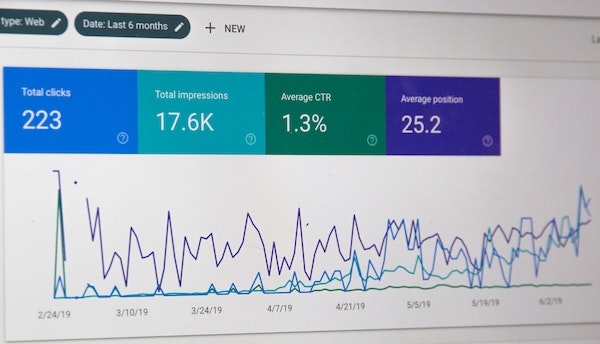93% of online experiences begin with a web search. Instead of typing in your direct url, people will use Google to look up your organization. Some people might know your name and type it in, but most people don’t know you exist and will use general keywords that are related to your organization, such as “charter schools near me,” “educational toy for 8-year-old,” or “record shops San Diego.” When people make these searches you want to make sure that your website shows up as one of the top results. On Google, the first page of results gets 75% of the clicks. Do you even remember the last time you checked the second page results?
Most online searches are done on Google. Google owns 92.5% of the global search engine market share with Bing (2.45%) and Yahoo (1.64%) coming far behind it. Google updates its search engine algorithm constantly and takes over 200 factors into consideration when deciding what results to show to people.
Search engine optimization is a long-term process that takes constant maintenance. There is no magic formula that enables you to achieve success overnight. However, once you understand the basics you’re on the right path to becoming one of those first page search results.
How to improve your SEO
Create high-quality content that your audience is interested in
Try to think what your audience is searching for and provide them relevant and engaging information that answers their search queries.
Post regularly
Google prefers websites that publish fresh and relevant content. In addition, you need to give visitors a reason to keep on coming back to your site.
Make your website user-friendly and responsive
Google wants to make sure that visitors have a good user experience regardless of what device they are using.
Focus especially on the mobile user experience
60% of website traffic is on mobile phones and Google uses a mobile-first index meaning it will view your site from the perspective of a mobile user, versus a desktop user.
Check your site speed
If your page takes a long time to load it could cost you first page rankings. Google takes into consideration both the site speed as well as the negative interactions that people have with your site. 40% of visitors will abandon your website if it takes longer than three seconds to load and 80% of those users will not return to the site.
Test your links
Make sure all the links on your website work and lead to credible sources.
Try to get trusted websites to link to your website. These so called backlinks let Google know that your website offers valuable content.
And lastly, optimize your site
This last step is the most technical one and involves adding relevant keywords to your site, creating meta titles and descriptions, optimizing multimedia and using alt tags, making sure urls are short and descriptive, and maintaining a clean site architecture.
Do you have any questions about SEO? Contact us for more information and resources!



